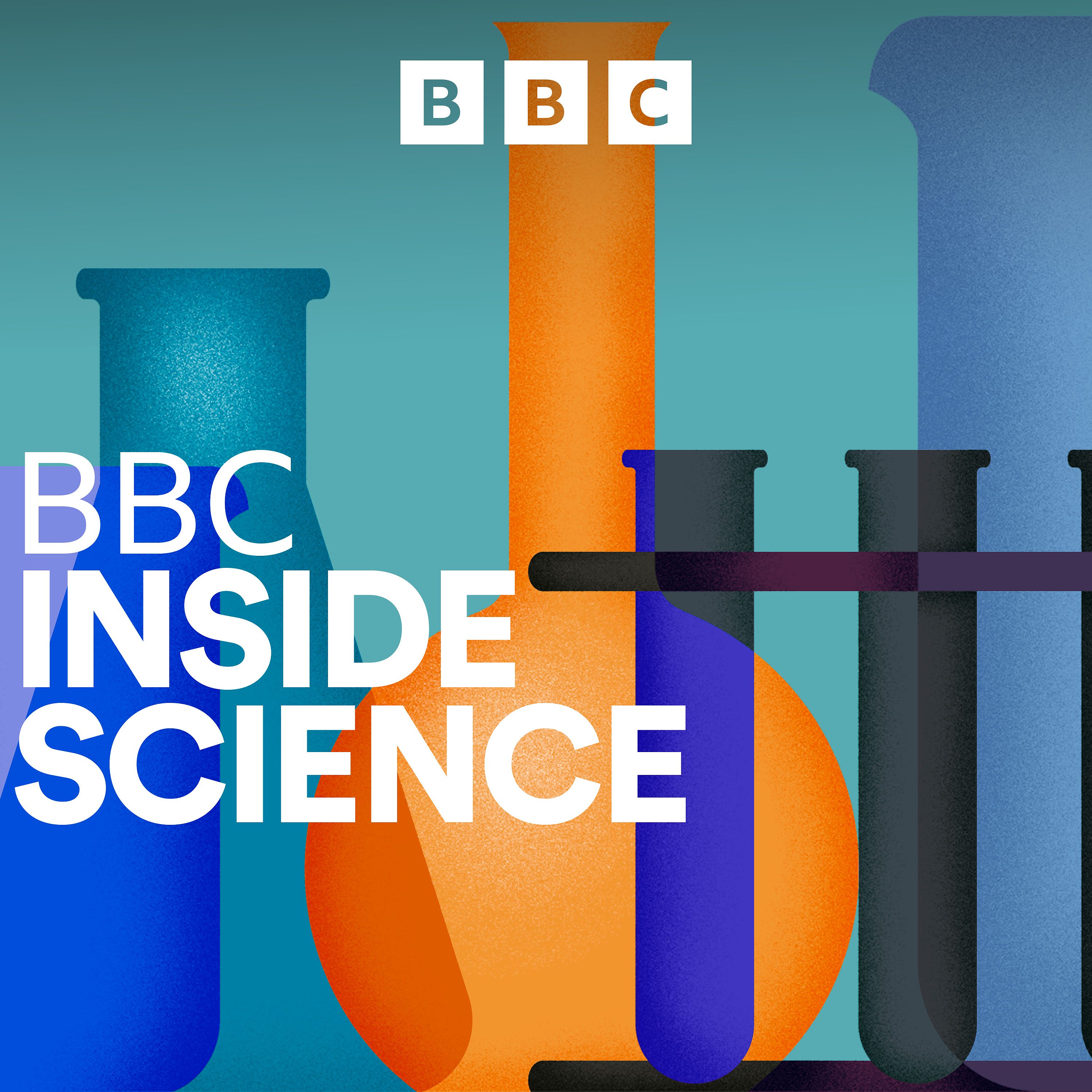

BBC Inside Science
BBC Radio 4
A weekly programme that illuminates the mysteries and challenges the controversies behind the science that's changing our world.
Episodes
Mentioned books

4 snips
May 2, 2024 • 28min
200 years of dinosaur science
Palaeontologist Victoria Gill explores the 200-year history of dinosaur science, starting with the discovery of Megalosaurus by geologist William Buckland. She visits the Oxford University Museum of Natural History to see the original fossils, discusses the role of illustrator Mary Morland in early dinosaur science, and joins experts at the University of Edinburgh as they extract a potential new dinosaur species from Jurassic rock. The podcast delves into the evolution secrets of Megalosaurus, the unsung heroes of dinosaur discoveries, and the ongoing mysteries of paleontology.

12 snips
Apr 25, 2024 • 28min
Inside Your Microbiome
Microbiologist Prof Jacques Ravel and Prof Tim Spector discuss concerns in microbiome testing industry. Daniel Kahneman's legacy in psychology and lab monkey price fluctuations are explored. Neural organoids and ethical considerations are examined in scientific research.

Apr 18, 2024 • 36min
Our Accidental Universe
Chris Lintott, a Professor and presenter, discusses his book on serendipitous discoveries in astronomy. Topics include mining Helium-3 on the moon, mysteries of Saturn's moon Titan, and the potential of twin stars. The podcast also covers lunar mining prospects, radio signals, and stargazing adventures with a canine companion.

Apr 11, 2024 • 28min
World’s oldest forest fossils
Dr. Christopher Berry discusses the world's oldest forest fossils, revealing evolutionary secrets. Dr. Chris Thorogood talks about the quest to save Rafflesia plants. The podcast also covers gardening challenges, embracing slugs and snails, and the debate on bottled water vs. tap water. Plus, insights on microorganism survival in chlorinated water and fluoride in UK tap water.

Apr 4, 2024 • 28min
How pure is the water from your tap?
Dr Stewart Husband from Sheffield University discusses water quality and microplastics, addressing water sterilization, filters, and chlorine smell. Bumblebees show social learning abilities in solving puzzles, shedding light on social insects. Geneticist Dr Bo Xia identifies the mutation that led humans to lose their tails, sparking a discussion on the benefits of being tail-less and the evolutionary implications.

5 snips
Mar 28, 2024 • 33min
Dimming the Sun
Controversial topic of solar geoengineering discussed, including dimming the sun. Ban on donkey skin trade celebrated by animal welfare charities. Dr Katalin Karikó's memoir on mRNA research for COVID vaccines highlighted.

Mar 21, 2024 • 28min
Laboratory-Grown Meat
Meaty rice and synthetic meat, the advancements and doubts in lab-grown meat production. Intriguingly pregnant stingray raises questions. Unusual asteroid entering Earth’s atmosphere sparks curiosity. Personal encounters with nature: adopting goats, swimming with octopus, and more.

Mar 14, 2024 • 28min
The Gulf Stream’s tipping point
A study suggests the Gulf Stream could collapse, impacting global climate stability. Polar bears in Hudson Bay facing challenges with longer ice-free seasons. Updates on CERN's plans for a new particle accelerator. Concerns about the future of French cheeses due to lack of fungus diversity.

Mar 7, 2024 • 28min
Ancient Roman writings revealed
Machine learning deciphers ancient Roman scrolls, NASA's PACE satellite monitoring Earth, bird flu impacting penguin and seal populations, International Day of Women in Science celebrated with profile of Dr. Jess Wade

Feb 29, 2024 • 27min
When brains and computers meet
Neuralink's brain chips, enhancing rugby safety with smart technology, decoding chicken emotions, and improving chicken welfare are some fascinating topics discussed in this episode


